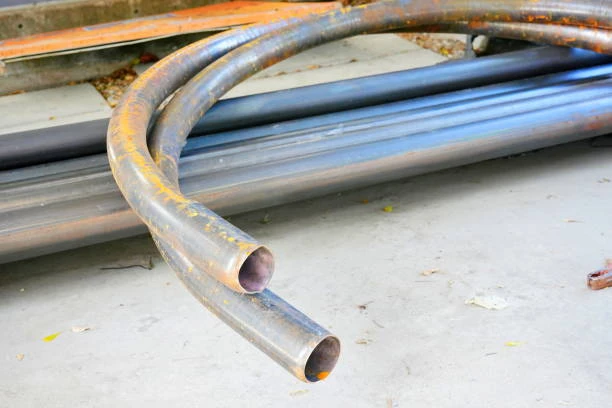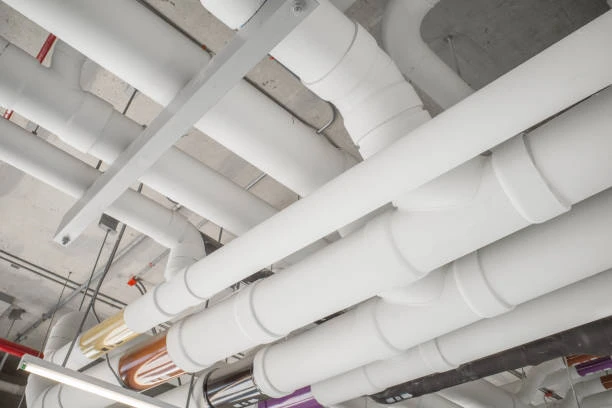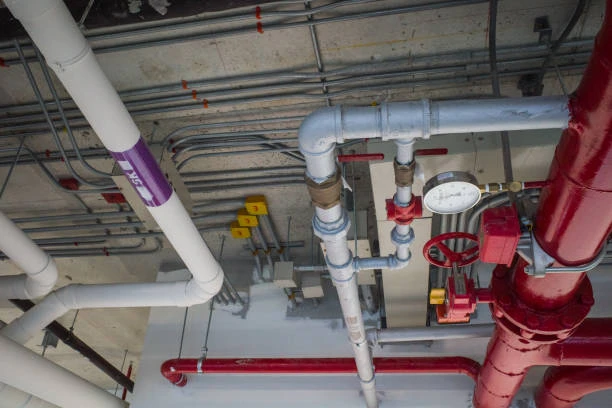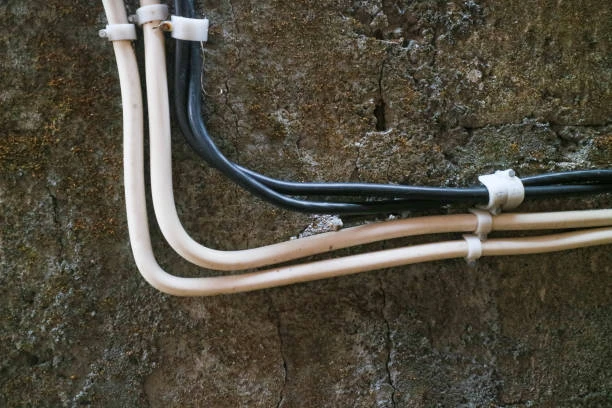Introduction: Choosing the Right Material for Long-Term Value
In today’s construction and engineering industries, cost optimisation goes far beyond choosing the cheapest components. Instead, professionals focus on long-term performance, durability, and energy efficiency. When it comes to valves, particularly pex valve systems and copper ball valves, making the right material choice can significantly affect overall project costs.
This article explores how copper ball valves help reduce total lifecycle costs, highlighting their performance in diverse applications. We also compare them to plastic alternatives, such as pex valves, and offer a practical selection guide based on materials, certifications, and installation requirements.
Frequently Asked Questions (FAQ)
1. How do copper ball valves contribute to cost savings?
Copper ball valves are durable and require less maintenance or replacement over time. Their resistance to corrosion and temperature fluctuations also lowers the risk of leaks and failures, reducing repair costs.
2. What is a pex valve, and how does it differ from copper valves?
A pex valve is typically made of plastic and used in PEX piping systems. It’s often used for domestic plumbing but may lack the long-term reliability of copper valves, especially in high-temperature or high-pressure applications.
3. Are copper valves environmentally friendly?
Yes. Copper is recyclable and has a longer service life, which helps reduce material waste and environmental impact.
4. Where are copper ball valves most commonly used?
They are commonly used in heating systems, potable water supply, industrial processes, and air conditioning systems due to their excellent performance under pressure and heat.
5. What factors should be considered when choosing between copper and plastic valves?
Consider thermal resistance, pressure rating, environmental exposure, certification, and total cost over time, not just the upfront price.
Understanding Copper Ball Valves: Features and Advantages
Copper ball valves are shut-off valves that use a rotating ball with a central bore to control the flow of liquids or gases. Their core advantage lies in precision control and reliable sealing, especially under high pressure or temperature conditions.
Key Features:
High Temperature Resistance
Performs reliably in hot water and heating systems, unlike many plastic-based pex valves.Corrosion Resistance
Copper alloys resist corrosion from minerals and chemicals in water.Long Lifespan
Typically lasts 15–25 years or more, reducing the need for replacements.Recyclability
At end-of-life, copper valves can be recycled with minimal environmental impact.Full-Bore Flow
Full-bore models allow for maximum flow efficiency, which is vital in industrial and heating systems.
Copper’s performance characteristics make it a cost-effective investment, particularly when energy efficiency and system reliability are a priority.
Common Applications and Industries
Copper ball valves are trusted across a range of industries for their consistent performance and reliability. Though pex valve products are widely used in domestic plumbing, copper valves dominate in critical systems that demand endurance.
Popular Applications Include:
Residential and Commercial Plumbing
Ensures reliable shut-off points near heaters, meters, or water supply connections.Heating and Cooling Systems (HVAC)
Used in hydronic heating, underfloor heating, and air conditioning loops.Industrial Automation
Handles steam, compressed air, and chemical flows with minimal leak risk.Water Treatment and Distribution
Maintains clean and safe potable water delivery without degradation.Renewable Energy Systems
Installed in solar thermal systems for heat transfer control.
Across these applications, copper ball valves offer low failure rates and consistent operational performance, ensuring minimal maintenance costs.
Buyer’s Guide: How to Select the Right Copper Ball Valve
Choosing the right copper ball valve requires a balance between performance, safety, and compliance. Whether replacing a pex valve or designing a new system, here’s what to consider:
1. Material Grade
Opt for DZR (Dezincification Resistant) brass or lead-free copper alloys in potable water systems. These resist internal corrosion in hard water environments.
2. Valve Size and Bore Type
Select full-bore valves for systems requiring high flow with minimal resistance. Reduced-bore valves are suitable for low-pressure installations.
3. Connection Style
Choose between threaded, soldered, press-fit, or compression connections based on the pipe material and system layout.
4. Colour and Marking
Look for valves with clear markings for temperature, pressure rating, and certification to ensure they meet safety requirements.
5. Certifications and Standards
Ensure valves conform to ISO, ASTM, EN, or national plumbing codes to guarantee safety, especially in critical installations.
Investing in high-quality, certified valves reduces long-term costs and ensures compliance with safety regulations.
Installation Tips: Maximise Value and Avoid Common Mistakes
Correct installation plays a key role in achieving the cost advantages of copper ball valves. Improper setup can lead to early wear, leakage, or performance issues.
Practical Installation Advice:
Use the Right Tools
Avoid over-tightening which can damage threads or pipe ends.Solder Carefully
Protect valve seals during soldering by using heat sinks or installing valves after joints are cool.Allow for Access
Install valves in accessible locations for routine testing or servicing.Flush the System
Clean the piping system before operation to prevent debris damage.Pressure Test Thoroughly
Always test the system after installation to ensure a leak-proof seal.
Proper installation helps preserve the integrity and longevity of your copper valves, ensuring they continue to outperform cheaper alternatives.
Copper Valves vs Plastic PEX Valves: A Side-by-Side Comparison
| Feature | Copper Ball Valve | PEX Valve (Plastic Valve) |
|---|---|---|
| Material | Brass or copper alloy | Polypropylene, PVC or other plastics |
| Service Life | 15–25+ years | 5–10 years |
| Thermal Resistance | Excellent – suitable for hot water systems | Limited – generally under 95°C |
| Pressure Tolerance | High – up to 600 PSI | Moderate – typically up to 150 PSI |
| Recyclability | Fully recyclable | Limited recycling options |
| Environmental Resistance | Resists corrosion, UV, and weather | Prone to UV and chemical degradation |
| Application Versatility | Used in heating, HVAC, industrial systems | Mostly domestic, low-pressure systems |
| Upfront Cost | Higher initial price | Lower cost for basic use |
| Maintenance | Low – less frequent replacements | Moderate – requires periodic checks |
Though pex valves have their place in simple plumbing setups, copper valves remain the superior choice when long-term cost savings and performance are the goal.
Conclusion: Copper Ball Valves as a Smart Long-Term Investment
Copper ball valves offer more than just functionality—they deliver lasting value through reliability, safety, and environmental responsibility. Their higher upfront cost is easily offset by lower maintenance, longer service life, and reduced energy losses.
When compared to a pex valve, copper valves prove to be a better investment for systems where temperature, pressure, and lifespan matter. They help property owners, contractors, and system designers reduce the total cost of ownership, while supporting high standards of quality and sustainability.
For projects focused on long-term cost optimisation and environmental responsibility, copper ball valves are the smart material selection choice.
Connect
IFAN is a trusted manufacturer in China with over 30 years of experience producing plastic and copper valves, fittings, and pipes. Whether you are seeking premium copper ball valves or cost-effective pex valve solutions for domestic systems, IFAN delivers quality you can trust.
We offer a complete selection of products tailored to your system needs.
- For more information,pls visit our webside https://waterpipefitting.com/
Pls Mailto: [email protected]
Whatsapp: +86 15088288323
Our team is available 24/7 to assist with questions, technical guidance, and product support.
IFAN Product Standards and Certifications
All IFAN products comply with strict international standards, including:
ISO 15874, EN 15874, ASTM F2389, DIN 8077/8078, GB/T 18742, NBR 15884, ISO 15494, EN ISO 15494, GB/T 19472, ASTM 2846, ASTM D1785 SCH40/SCH80, CSA B137.3, AS/NZS 1477, JIS K6741, and many more.
These standards guarantee performance, durability, and safety across global plumbing and industrial markets.














Recent Comments